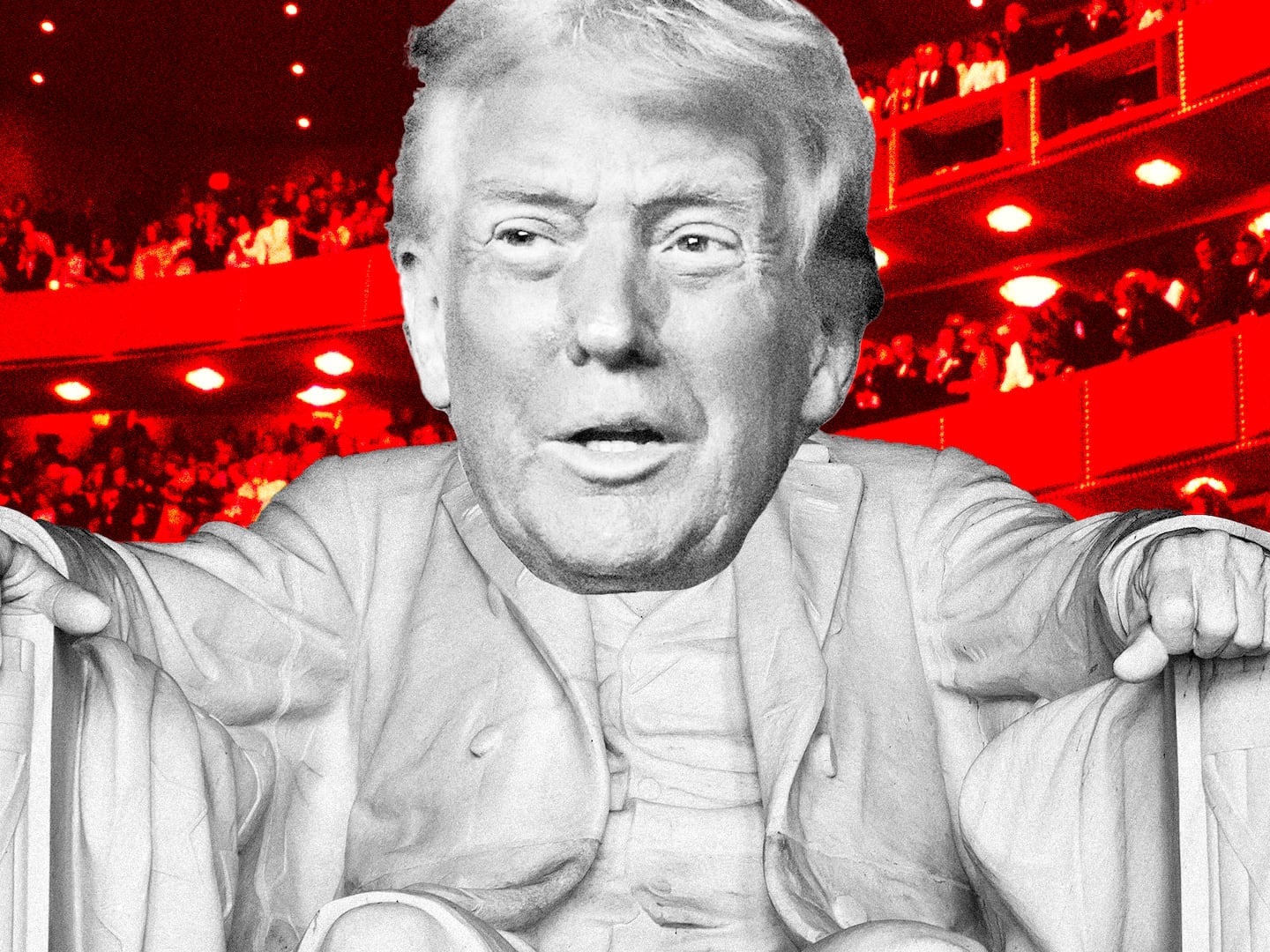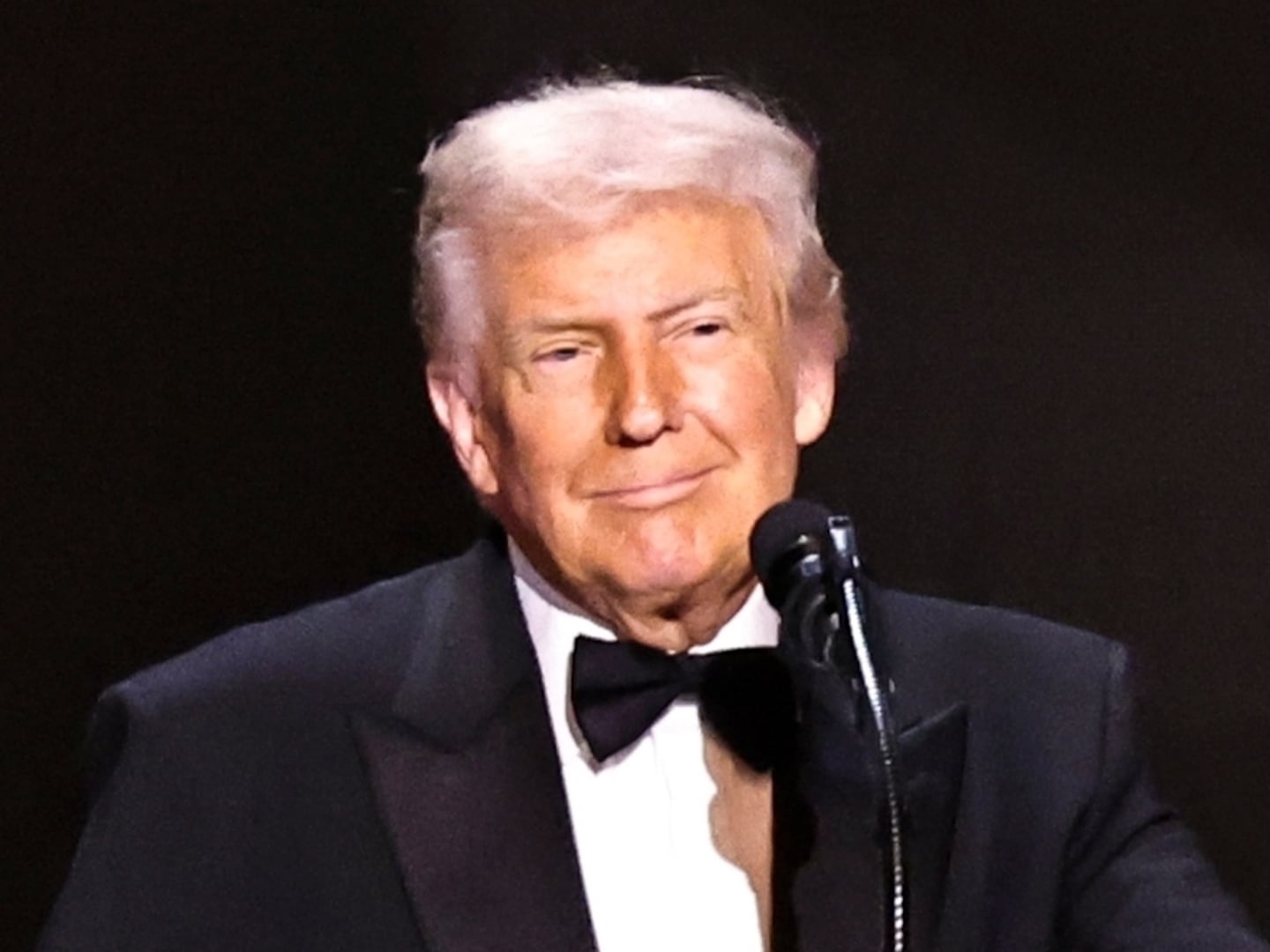
I was recently helping a graduating senior put together his college applications, and it about killed me. Whenever I began to fret that the forms weren’t filled out absolutely perfectly, he’d just smile roguishly. He wasn’t prompt, he didn’t worry. He knew everything would work out just fine.
"No it won't!" I wanted to yell. "We have to take into consideration every possible complication! Life is a series of disasters to be narrowly averted!"
“I was a member of the good ol’ boys club,” says one former politician. “It fostered a feeling of belonging in the male world.”
The difference between us? One big one is that he grew up with a loving dad to comfort, help, and support him, and I did not. My dad was in and out (more out than in), instilling in me a persisting sense that no help is coming, that life is mine to tackle alone, that finding a solution is completely up to 6-, or 16-, or 36-year-old me. And it may be that running a country, a state, or a courtroom in today’s world benefits from exactly this type of survivalist, crisis-oriented personality.
Because I can't help but notice that the highest levels of government seem disproportionately stacked with fatherless figures: Supreme Court nominee Sonia Sotomayor, Supreme Court Justice Clarence Thomas, former President Bill Clinton, former Fed Chairman Alan Greenspan, and of course, our president, Barack Obama.
When Obama was asked in 2007 what made him feel strong enough to make life and death decisions for an entire country, he replied, “I would say the fact that I grew up without a father in the home. What that meant was that I had to learn very early on to figure out what was important and what wasn’t, and exercise my own judgment and in some ways to raise myself." This is an assessment that many people who were raised without a father will recognize as true. When you grow up without a patriarch, you’re making adult-size decisions from a very pre-adult age.
Rand O'Brien, a licensed social worker, says fatherlessness can lead to two personality types, both of which seem fairly well-suited for politics.
"When men lose a father early, two major things happen. First, they can be vaunted into the 'father' role early and looked to by the mother to make 'male' decisions and become parentified, thus taking on decision-making and 'cajoling' the leadership early on and therefore having a lot of practice in leadership. Becoming 'the man of the house.'
"Second, where there is not the model of maleness in the house, then the stereotypical images of being a man become the model,” he continues. “So the man becomes what is seen on the TV, movies, books: He becomes what the society wants as a man…When he gets ready to be the candidate, he is packaged ready to go as the 'man' society wants.
"Of course, today, this model applies to fatherless girls/women as well, in a different way,” O’Brien points out.
I know my own type-A+ personality makes me a pain in the ass to hang out with—I nag, I frown. It makes whatever it is never enough. I've had four books published, but I don't care about them the second they're completed. I am unsatisfiable. I always need more. That's ambition. That's drive. That's the fatherless.
A former state representative I talked to believes his interest in politics sprung directly from his lack of a present father, who walked away from the family when he was 5 years old.
"I took part in school activities that were somewhat political in nature, usually becoming 'president,'” he recalls. “My father’s absence, or what my mother would say was abandonment, created a void within me that was the driving force behind my political goals. Immediately upon graduating, I worked through city council appointments, zoning board positions, and donated much of my time to getting to know those people affiliated with state politicians. I went far and fast.
"I was a man amongst men in the State House of Representatives and was a member of the good ol’ boys club. It fostered a feeling of belonging in the male world. I love my mother dearly, but there are times when a father’s guidance would have served me better. I poured my entire sense of self into becoming a politician on the upswing. I passed over a few opportunities to have made a family. I skipped past moments of simply enjoying my life and obsessively devoted every waking hour with thoughts of how I’d advance to the next level.
"I came to understand that I'd substituted a father’s involvement in my life with one deeply entrenched with my political peers.”
My own dad—in and out of the country cooking up schemes, in and out of jail whenever one of those schemes caught up with him—was valuable to me in two ways. First, in the things he taught me when he was there, like always keep three limbs on a tree when climbing it and you'll never fall. And second, the possibly more important lessons that I learned from his absence—that I can survive without that which is most precious to me, and that I can create something even better.
My father's decision not to come back to my family is what made me a writer— my letters to him were plaintive, made-up descriptions of myself and my world, meant to lure him home. I can imagine politics operating in a similar fashion. It’s easy to imagine many of our politicians were also looking for a long departed father, and found him instead in themselves, and in the powerful good ol’ boys clubs, Instead of writing letters that create imaginary worlds, they write laws that change the real one.
Lisa's last book was Drugs Are Nice. She's fighting to the bookish death at the Literary Death Match in NYC on June 25.






